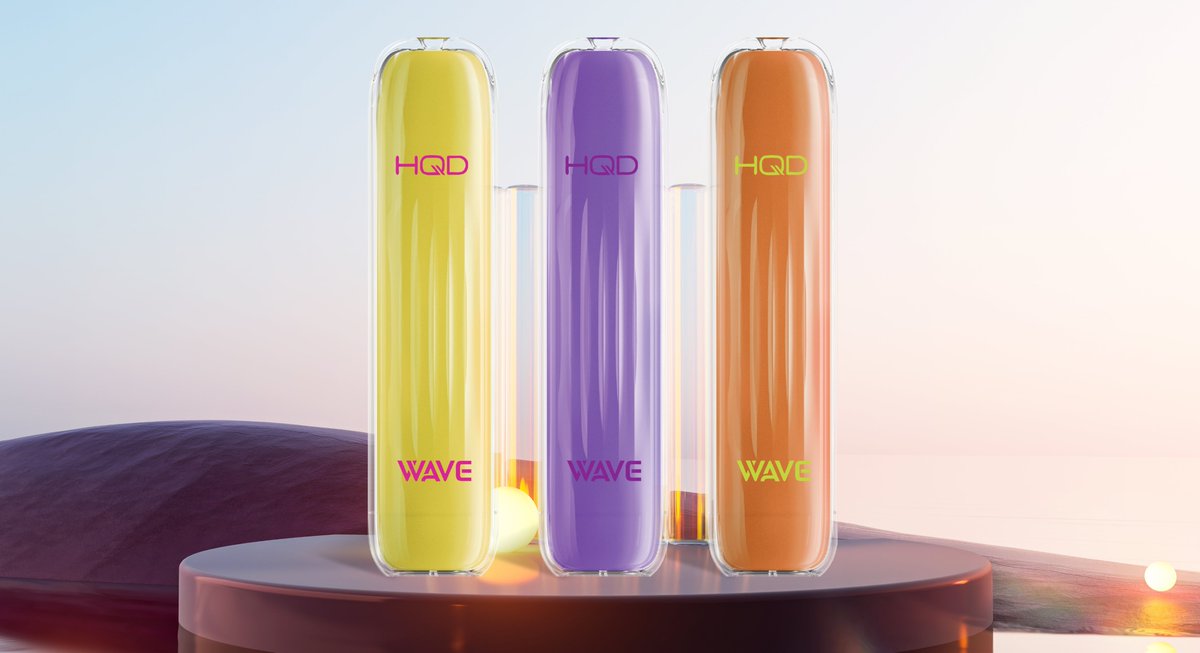Skincare is not just a routine; it’s a science. As the beauty industry advances, an array of products flood the market, each boasting a unique set of ingredients. These ingredients are the heart and soul of skincare, playing pivotal roles in achieving that radiant complexion we all covet. Let’s embark on a journey through the fundamental ingredients that power skincare products, from cleansers to serums.
1. Cleansers: Cleansing is the first step in any skincare routine, and the effectiveness of this step depends on the ingredients. Look for gentle cleansers with ingredients like glycerin and hyaluronic acid, which help maintain the skin’s natural moisture balance. Tea tree oil and salicylic acid are excellent choices for acne-prone skin, as they combat breakouts and control excess oil.
2. Exfoliants: Exfoliants slough off dead skin cells, revealing a fresher complexion. Alpha hydroxy acids (AHAs) like glycolic and lactic acid, as well as beta hydroxy acids (BHAs) like salicylic acid, are common exfoliating ingredients. These compounds improve skin texture, reduce the appearance of fine lines, and unclog pores.
3. Serums: Serums are concentrated treatments designed to address specific concerns. Hyaluronic acid is a popular ingredient in hydrating serums, while niacinamide helps reduce redness and inflammation. For anti-aging benefits, look for serums with retinol, a vitamin A derivative that stimulates collagen production and fades hyperpigmentation.
4. Moisturizers: Moisturizers are crucial for maintaining skin’s hydration. Ingredients like ceramides help fortify the skin’s barrier, locking in moisture. Shea butter and jojoba oil are excellent natural moisturizers. For sensitive skin, products with aloe vera and chamomile provide soothing effects.
5. Sunscreens: Sunscreen is non-negotiable in any skin care products uk. Broad-spectrum protection is vital, and ingredients like zinc oxide and titanium dioxide provide physical barriers against harmful UV rays. Chemical sunscreens, such as avobenzone and octocrylene, work by absorbing and dissipating UV radiation.
6. Anti-Aging Creams: Anti-aging creams often contain ingredients like peptides, which encourage collagen production, and antioxidants like vitamin C and E, which protect against free radical damage. Retinol, as mentioned earlier, is a potent anti-aging ingredient that aids in reducing fine lines and wrinkles.
7. Specialty Ingredients: In recent years, innovative ingredients have emerged. For instance, CBD is gaining popularity for its potential anti-inflammatory and calming effects. Probiotics are being used to support a healthy skin microbiome. As technology advances, customized skincare formulations are becoming more accessible, with ingredients tailored to individual needs.
Remember that while these ingredients are powerful, skincare is not one-size-fits-all. What works for one person may not work for another due to varying skin types and concerns. Consulting with a dermatologist or skincare professional can help you determine the ingredients best suited to your skincare needs. By understanding the ingredients that power skincare products, you can curate a regimen that works effectively to achieve and maintain healthy, glowing skin.

